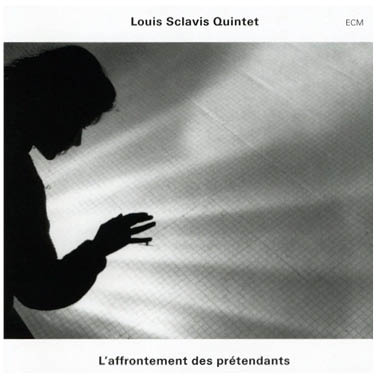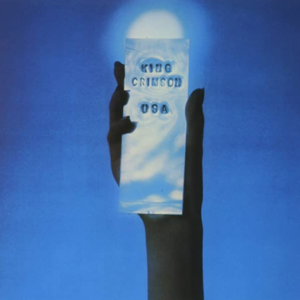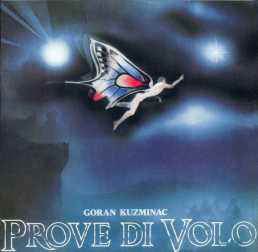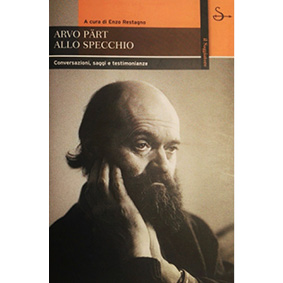L’Affrontement Des Prétendants – Cd 2001
L’Affrontement Des Prétendants
Louis Sclavis Quintet
Louis Sclavis (Lione, 2 febbraio 1954) è un clarinettista e compositore francese. Suona il clarinetto, il clarinetto basso e il sassofono soprano, proponendo una curiosa miscela di jazz e musica tradizionale di vari paesi.
È anche autore delle colonne sonore dei film Kadosh di Amos Gitai (1999), Ricomincia da oggi di Bertrand Tavernier (1999) e Après lui di Gaël Morel (2007).
Il prezzo originale era: €21,00.€10,00Il prezzo attuale è: €10,00.
1 disponibili
L'Affrontement Des Prétendants
Il nucleo dell'attuale quintetto di Louis Sclavis è il trio regolare di clarinettista-sassofonista, i cui membri, oltre al loro compiuto virtuosismo sui rispettivi strumenti, costituiscono una delle coppie ritmiche più stimolanti in Francia. I due nuovi arrivati, dal canto loro, non sono principianti né sconosciuti. Voci soliste confermate, con una carriera singolare, con un suono e un modo di suonare maturi e perfettamente identificabili, il loro ingresso nell'universo musicale del suggeritore lionese è notevole, sia per il loro contributo che per la loro compatibilità con le concezioni estetiche affermate del leader. Questo perché Sclavis, oltre al talento universalmente riconosciuto di solista e compositore, è anche un grande catalizzatore di energie, portatore di progetti di tale densità e inventiva musicale da poter radunare sotto la sua bandiera le personalità più forti, e che danno, sotto la sua egida, il meglio di se stessi. Nessun ego si scontra qui, ma un mix di timbri rari, una gamma melodica e ritmica di notevole ricchezza, una dinamica creativa impressionante.










Recensioni
Ancora non ci sono recensioni.